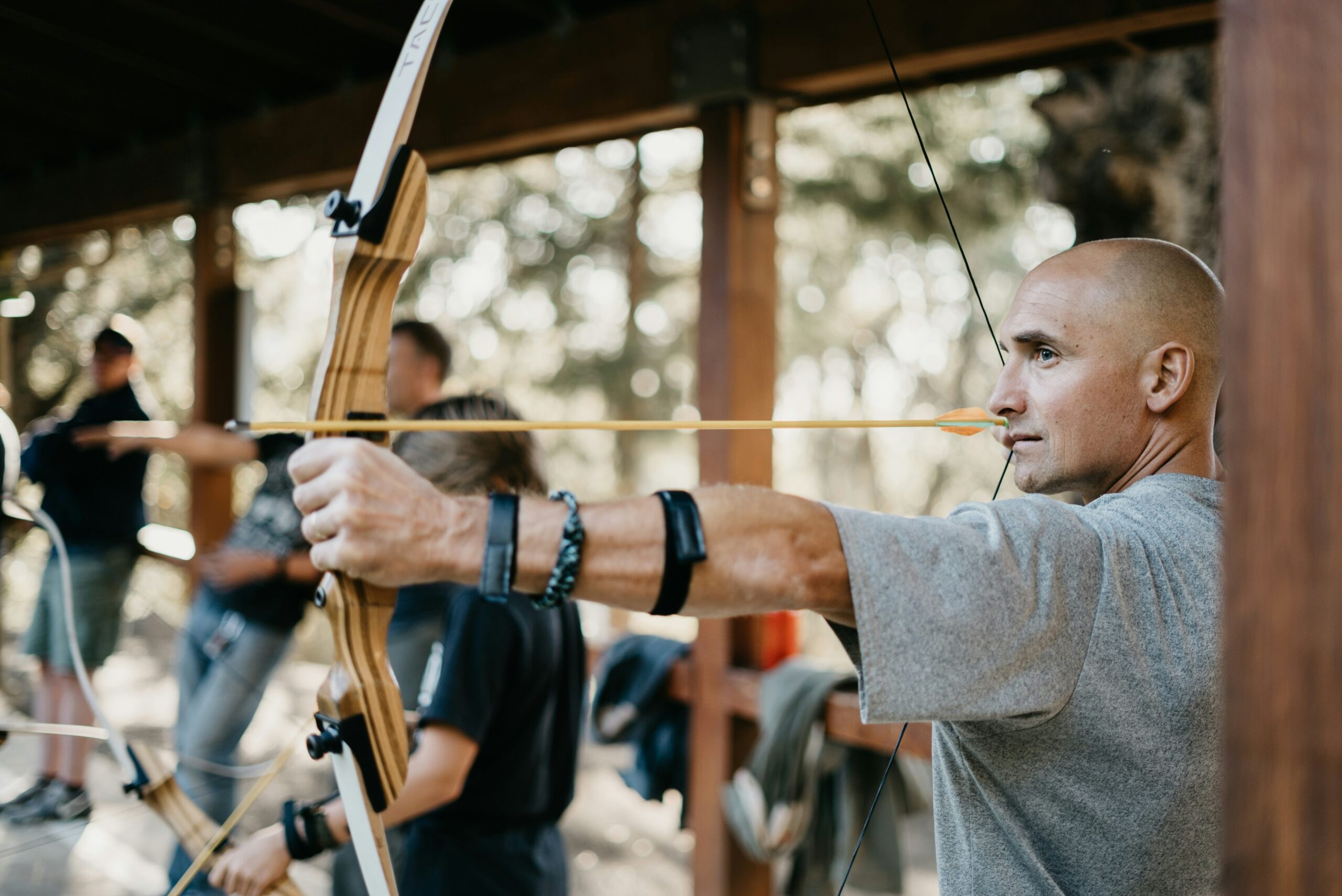Stop shooting the Second Arrow!

Join 25,000+ subscribers of Conscious.Me and
get weekly insights and inspiration to live and lead more consciously

Dear Friend,
The student replied, “yes it would.”
He then asked, “and then, what if you were struck by a second arrow, in the same place, would that be painful?”
The student said, “yes Master, that would be very painful.”
To which Buddha replied, “In life, we can’t always control the first arrow. However, the second arrow is our reaction to the first one, and the second arrow is optional.”
The first arrow is when someone says something to us that we don’t like. The second arrow is when we keep replaying that over and over again in our mind.
The first arrow is when we make a small mistake while giving a presentation. The second arrow is when we say, “Gosh, how could I have been so stupid,” and we keep beating ourselves over it.
Here’s the thing. As Thich Nhat Hanh reminds us in No Mud, No Lotus, the presence of mud is essential to the creation and thriving of a beautiful lotus. In other words, we can’t create and value a happy and flourishing life without the presence or awareness of suffering.
In fact, according to the Buddhist tradition, suffering is the first of the four noble truths of our existence. It is a given, and that is why, Thich Nhat Hanh tells us if we are going to live well, we must learn to “suffer well.”
Shooting ourselves with the second arrow, repeatedly, is not how we suffer well. Quite the opposite, that is how we lose our sense of balance and our peace of mind.
How do we stop ourselves from shooting the second arrow? Let me share a small but powerful practice I learnt from a mentor of mine – and that is asking ourselves the following question – What else is true?
You made a mistake during that presentation?
Ask: What else is true?
What else is true is that you worked really hard on that presentation.
What else is true is that the majority of the presentation went just fine.
What else is true is that many people appreciated what you shared.
You spoke harshly with your child, and now you feel intense guilt for being a “bad parent”.
Ask: What else is true?
What else is true are the many, many acts of love and kindness that you show your child every day.
What else is true is that you are human, and like any human being, you have good days and bad.
What else is true is that you are committed to being a good parent, and that you will re-commit to being a loving parent by learning from this episode, and moving on in the most compassionate way possible for you and your child.
Allowing ourselves to see the truth in any situation and see the full picture requires effort and intention, but if we can consciously train ourselves to ask this question, that is what brings the mind back to a state of stability, balance and centeredness. That is how we stop ourselves from shooting the second arrow.
Bhavna Toor
Chief Mindfulness Officer
Shenomics